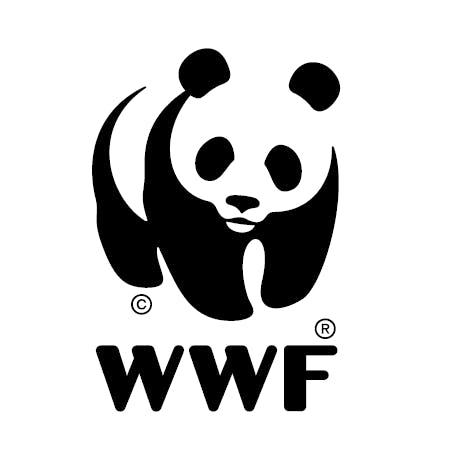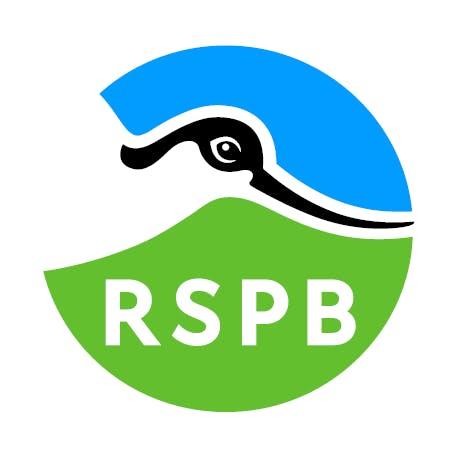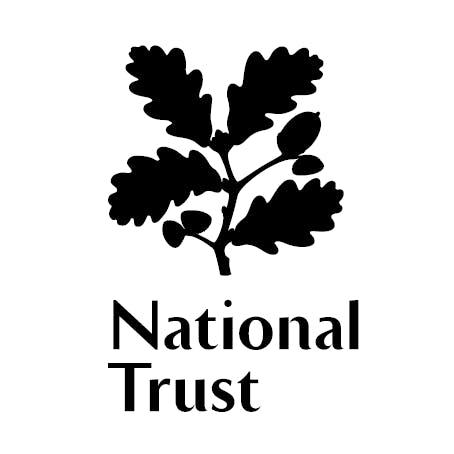Catch-22
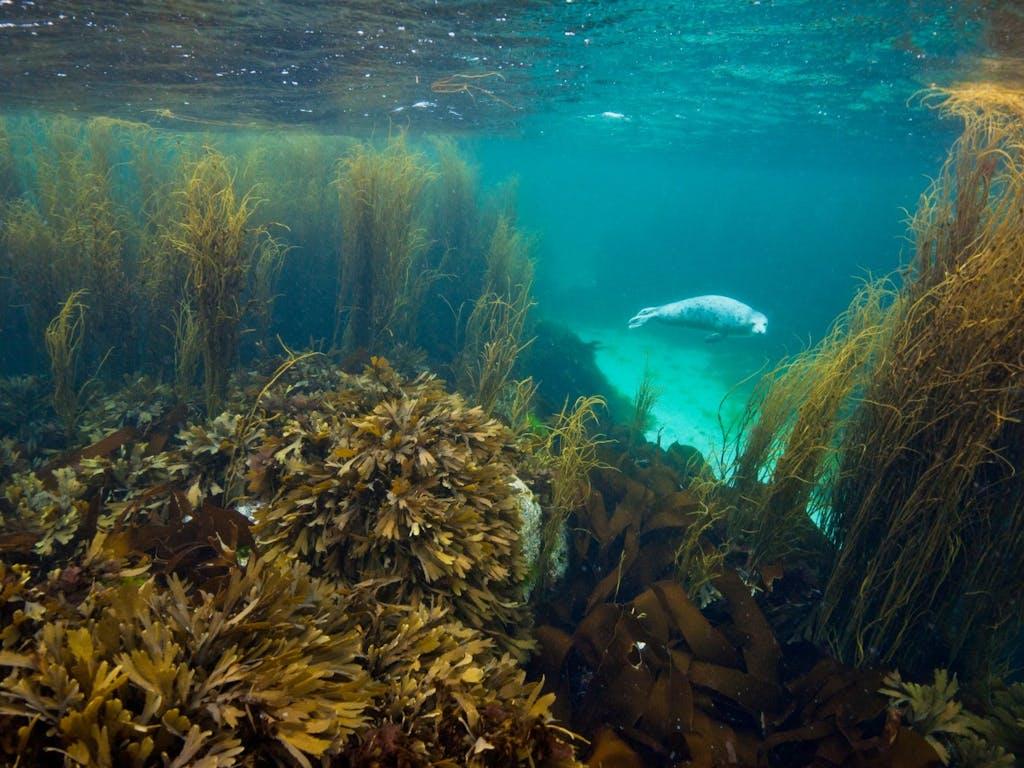

Catch-22 film (20 mins)
Inspired by Wild Isles, the iconic BBC nature documentary series, WWF, the RSPB, the National Trust and Silverback Films have come together to produce four films for businesses and organisations across the UK.
Catch-22 reveals the devastating loss of nature in our marine environment and explores actions employees and businesses can take to reduce their impact.
Hear from business leaders and experts including Deborah Meaden (Business Leader and Investor), Prof Dan Laffoley (Emeritus Marine Vice Chair, IUCN), Tom Kay (CEO of Finisterre), Megan and Owen Haines (Co-founders of Câr-Y-Môr), Dr Bryce Stewart (Marine Ecologist, University of York), Tony Juniper CBE (Chair of Natural England) and Emma Howard Boyd CBE (Chair, Green Finance Institute, Former Chair, Environment Agency (England)) on how businesses and organisations can help to solve the major issues affecting our UK seas.
Get the conversation started in your workplace, organisation or industry group by hosting a film screening.
Register to host a screening
You can screen any of our Save Our Wild Isles business films in your organisation. When you register your event we can provide exclusive images to help you promote your screening and we may be able to support with a speaker.
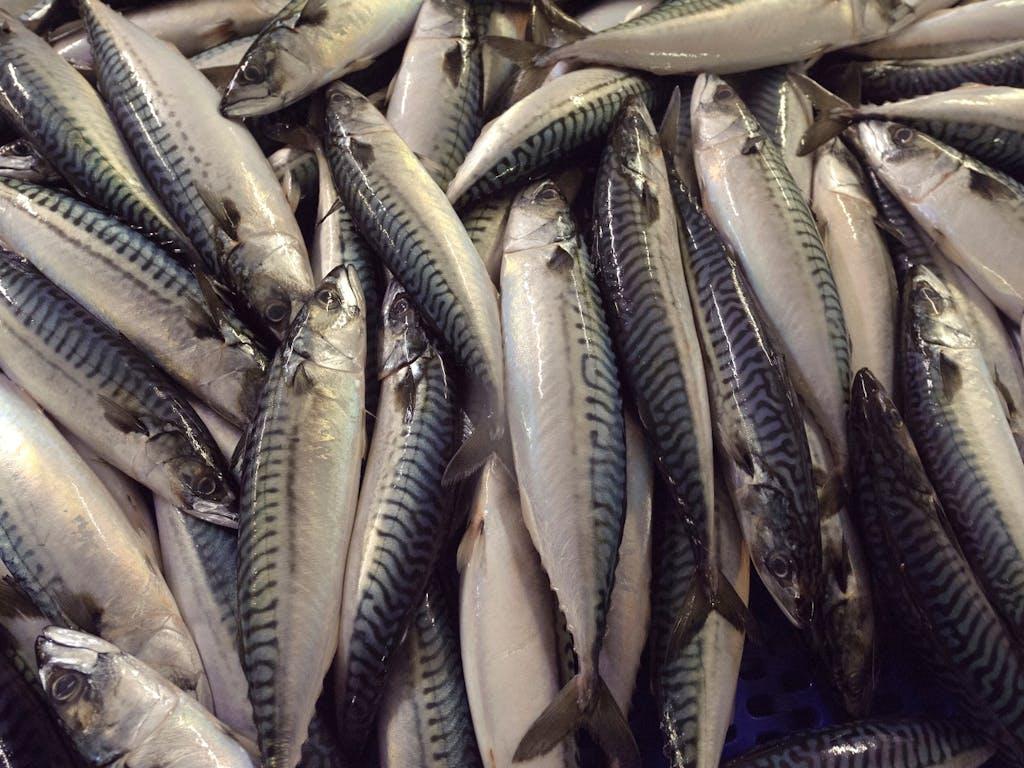

How we can save our seas
Our oceans are in trouble. Decades of overfishing, pollution and habitat destruction now means we are reaching the point of no return for many of our fish stock and marine life. We urgently need to address how we are using our oceans to ensure they are able to return to their former health and survive into the future. They are critical to our economic systems; providing food, jobs and ecosystem services that we are only just beginning to understand.
In this film, we explore the importance of our oceans, how human activity is driving biodiversity loss on a scale never before seen, and critically, the innovations and solutions available to us to make change now.
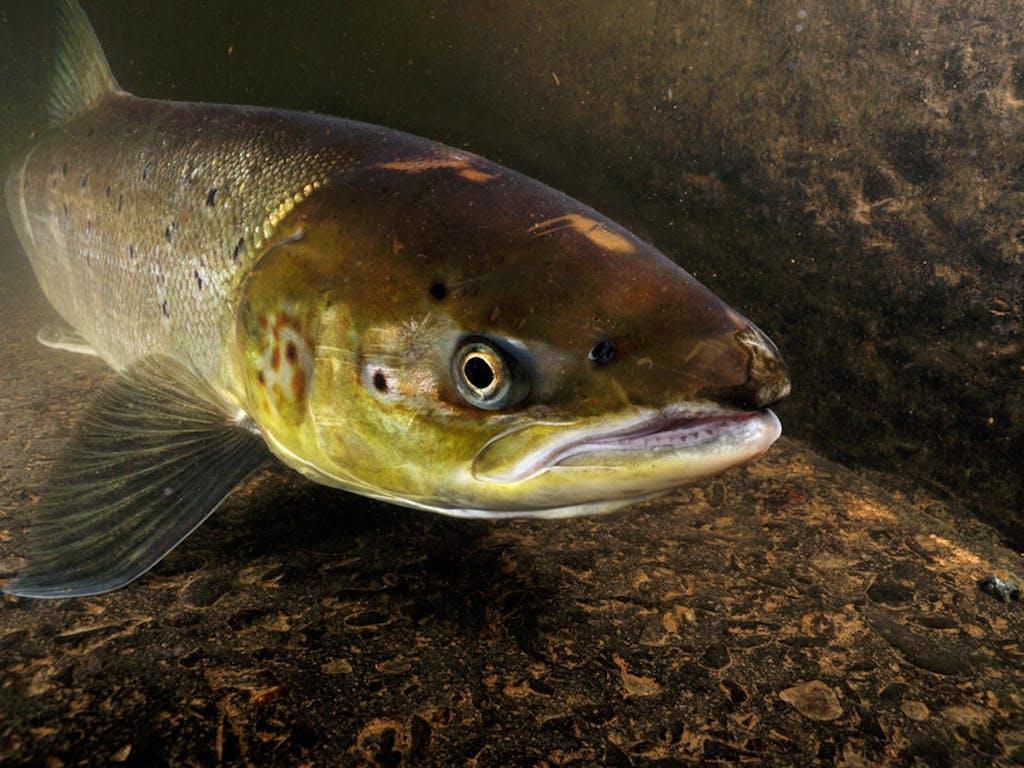

We need to:
- Reform Fishing practices: innovative fishing techniques for reducing impact (e.g. lights to attract scallops), acoustic and electrical signal deterrents. Innovations are cheap.
- Sustainable quotas: we need implementation of best practice fisheries management. Case study: Blue finned tunas.
- Marine Protected Areas: No take zones extend benefits outside of the no take zone, improving the whole ecosystem. Case study: Lundy Island: Lobster population has quadrupled – with increased catches on the edge of the no take zone.
- Blue Carbon: Deal with climate change and restore biodiversity to lock aware carbon – salt marsh, sea grass are better than rainforests at absorbing carbon from the atmosphere.
How to host a screening
Want to host a screening but don't know where to start? We've got you covered. From event guides to assets, find out how you can make your screening a success.
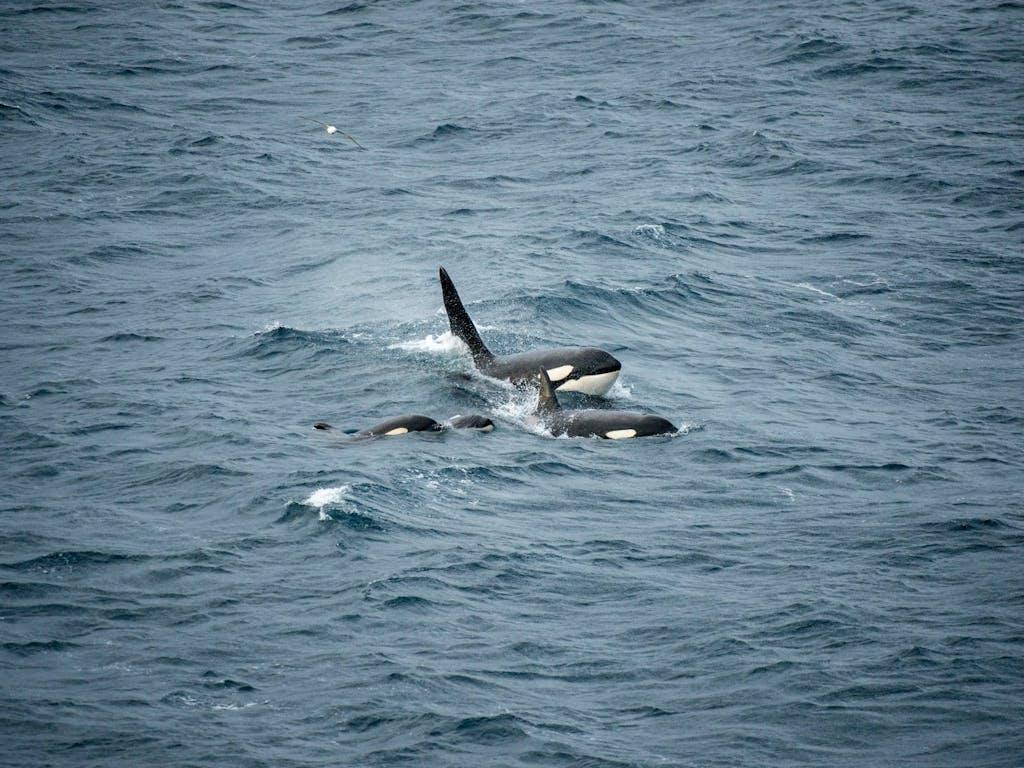

What you can do
- Assess your organisation’s impact on the marine environment
- Commit to sustainable sourcing of seafood
- Set Science Based Targets for Nature (SBTN).
- Advocate to government for properly enforced Marine Protected Areas (MPAs)
- Promote the films to staff, customers, stakeholders or clients to help raise awareness of the issue.
Find out more about these films
To find out a full list of contributors and more information about the topics raised in this film, please see the links below.
"Until fairly recently there was this concept of an inexhaustible sea. Now we know differently"
Dr Bryce Stewart, Marine Ecologist, Department of Environment and Geography, University of York
Our other films
There are four films in total in the series, we encourage to you watch and screen all the films so you and your colleagues can understand how our landscapes and seascapes are connected.








